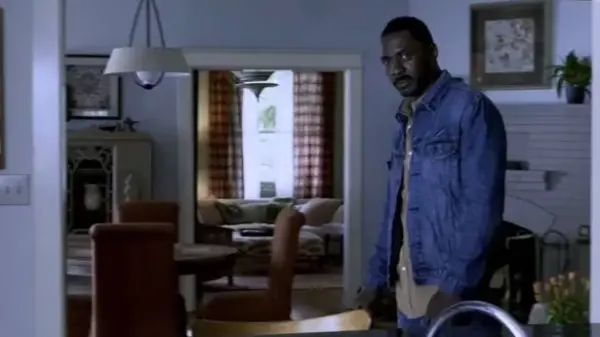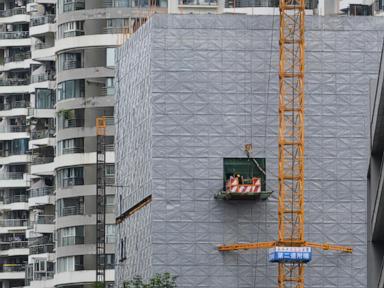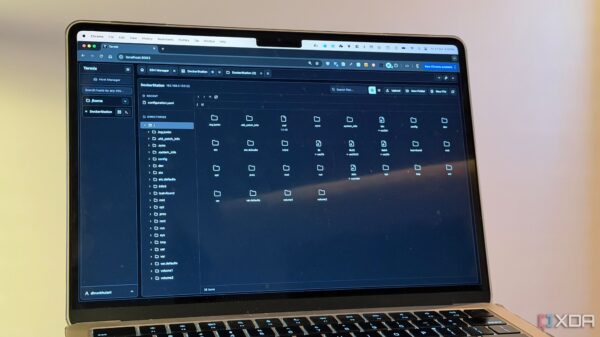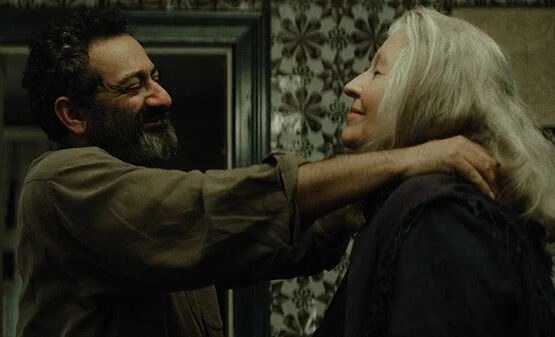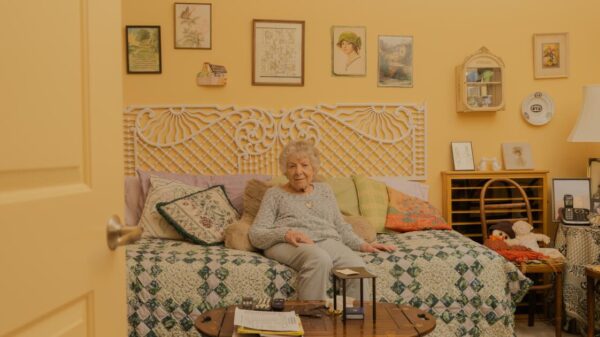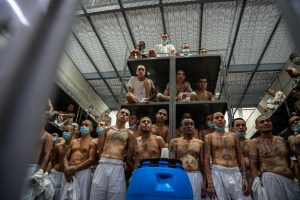BREAKING: YouTubers are gaining unprecedented access to El Salvador’s notorious Terrorism Confinement Center (CECOT), leading to widespread backlash as they film inside the supermax prison. The visit, organized by President Nayib Bukele‘s administration, raises serious ethical questions about the portrayal of inmates in a country where nearly 2% of the population has been incarcerated under controversial anti-gang laws.
The tour, which took place recently, saw content creators snapping selfies with inmates described as “the most dangerous people in the world.” The prison, capable of housing 40,000 inmates, currently holds about a third of that. However, conditions are dire, with cells cramped enough to leave each inmate with just 0.58m² of space. Critics are alarmed by the normalization of such a grim reality as content for entertainment.
Official sources confirm that this media spectacle is part of Bukele’s strategy to bolster a punitive narrative surrounding gang violence in El Salvador. Under a state of emergency declared on March 27, 2022, the government has imprisoned many without due process, leading to allegations of human rights violations. Activist Samuel Ruiz states, “Anyone can just point their finger at you and you are in prison, it’s as quick as that.”
During the tour, Turkish YouTuber Alper Rende filmed his experience in a small isolation cell, designed for inmates who “misbehave.” With little light and a limited water supply, these conditions starkly illustrate the harsh realities faced by the incarcerated. The director of CECOT proudly proclaimed, “The people who we put in here will never come back out,” further emphasizing the brutal ethos of the facility.
Critics, including author Sonja Wolf, argue that the participation of influencers in such tours perpetuates harmful narratives about gang members and undermines the complex social issues leading to gang formation. “Uncritical media like YouTubers have been crucial in pushing two key narratives: that gang members are monsters and that ‘mano dura’ policies are necessary,” Wolf asserts.
The YouTubers, eager to capitalize on the sensationalism of the prison experience, have produced content that has garnered millions of views. Rende’s recent video about the prison has already surpassed 10 million views, with content creators emphasizing their role to “do what our viewers want to see.” However, some admit to withholding critical questions during the tour for fear of upsetting the authorities.
As the Bukele administration continues to showcase CECOT to the public, the implications are profound. The normalization of this media circus could redefine public perception of justice and punishment in El Salvador. The future of prison reform and human rights in the country hangs in the balance as the government embraces this controversial media strategy.
With the international community watching closely, the question remains: what will it take for the voices of the incarcerated and their families to be heard amid this spectacle?
Stay tuned for more urgent updates on this developing story.





